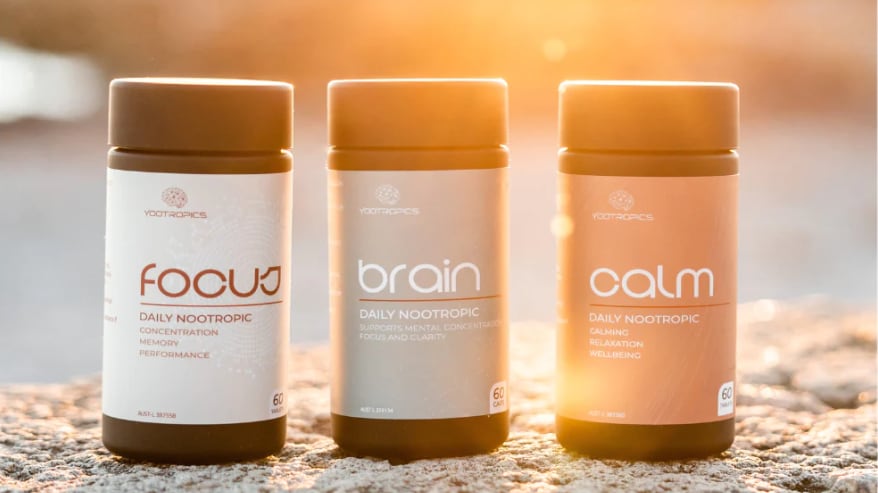Zhang Jian, a researcher of CDC, pointed out the above when speaking at the 7th FSMP forum organised by the China Chamber of Commerce For Import & Export Of Medicines & Health Products (CCCMHPIE) on June 20.
The forum was also held concurrently with the Healthplex Expo and Natural & Nutraceutical Products China 2023 in Shanghai.
Zhang pointed out that while the amount of food and calorie intake would decrease with age, the intake of good nutrients should not be neglected.
In this case, protein is one of the key nutrients that the ageing population should consume more of.
Based on research findings, the consumption of meat, grains, and vegetable has been on the decline among the elderly in China's major cities and rural areas.
Dairy intake, however, has been on the rise.
Nonetheless, the consumption of protein as well as vitamin A – which usually comes from meat intake – has not reached the Estimated Average Requirement (EAR), according to the CDC’s assessment of China residents’ nutrition and health status.
Zhang pointed out that it was crucial to look after the elderly's physiological needs, bodily functions, and preventing the worsening of chronic diseases, with the latter two taking on a greater importance these days.
Citing findings of a research published in the Chinese-language scientific magazine Modern Medicine and Health Research, he said that peptide supplementation would be more beneficial in increasing serum protein levels of elderly suffering from hypoalbuminemia, as compared to complete protein supplementation.
Hypoalbuminemia is a prevalent disorder among hospitalised and critically ill patients. The condition could develop due to decreased production of the protein albumin or increased loss of albumin.
The findings also showed that the elderly who took peptide supplements had a significantly shorter days of hospital stay and a lower rate of getting infection, although this was not a statistically significant finding.
Case study – Protein FSMPs
So far, the China authorities have approved eight FSMPs designed to supplement protein intake. Examples include ProSource by Maifu Nutrition Technology and Yi Neng Jia by Hisun, these products are made by local Chinese firms.
The former is made of whey protein isolate and cheese protein with a branched-chained amino acid (BCAA) content of 21 per cent, while the latter is made of whey protein concentrate and soy protein, with a BCAA content of 17.3 per cent.
The recently approved products are more sophisticated in terms of their protein component, said China Nutrition and Health Food Association’s vice secretary general Guo Hai Feng.
“There is a misconception that all protein FSMPs are the same, but in fact, they are actually different. For example, some products are a combination of whey protein and peptide.
“It is also not simply about mixing different proteins together. There is more to it, such as finding out the functional benefits [of such a blend],” he said, calling on the industry to deepen cooperation in the area of protein products innovation.
Individuals that require protein FSMP would include those undergoing surgery, suffering from chronic diseases, hypoproteinemia, low immunity, and sarcopenia.
He also noticed that so far, no approved protein FSMP contained collagen, although collagen is clinically supported and widely used overseas.
In terms of developing different FSMP, he said that companies could design the products based on different age groups.
“Currently, most FSMPs are for individuals 10 years old and above. Companies could consider making products based on a more specific age group instead.”
Second, companies could also use different sources of protein, such as whey protein, whey protein isolate, soy protein, and cheese protein to differentiate their products.
Third, innovation could be around the product format and whether the product is designed to meet the needs of hospitalised or non-hospitalised patients.
Common health problems
China has a rapidly ageing population. In 2021, 14.2 per cent of the population was above 65 years old.
Chronic diseases such as hypertension, high cholesterol, high triglycerides, and diabetes are the most common health issues, followed by osteoporosis and cognitive decline.
Dysphagia – the difficulty in swallowing foods – is another condition that more are paying attention to.
Although there has been innovation coming from Japan that adds thickener powder to make foods easier to swallow, Zhang said that there were still challenges in commercialising such products to scale.
Market gap
According to Zhang, there has been a lack of FSMPs specifically catered to the elderly globally.
He claimed that out of a total of 710 FSMPs in markets outside of China, only 17 were for the elderly and 469 were for individuals over the age of 10.
Most FSMPs are either in powder (40.4 per cent) or liquid form (49.6 per cent), with 7.4 per cent in solid form and 2.5 per cent in semi-solid form.
As of May 31, China has 115 approved FSMPs. Only one is specially designed for individuals above 50 who are suffering from metabolic, digestive, and nutrient absorption disorders.





